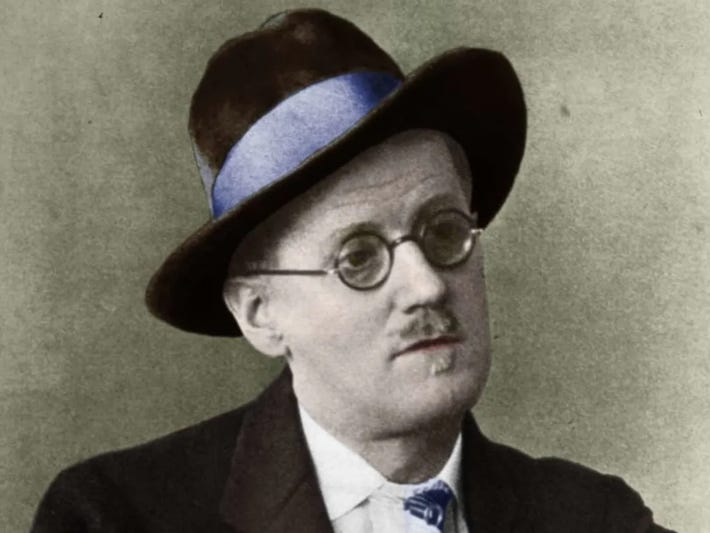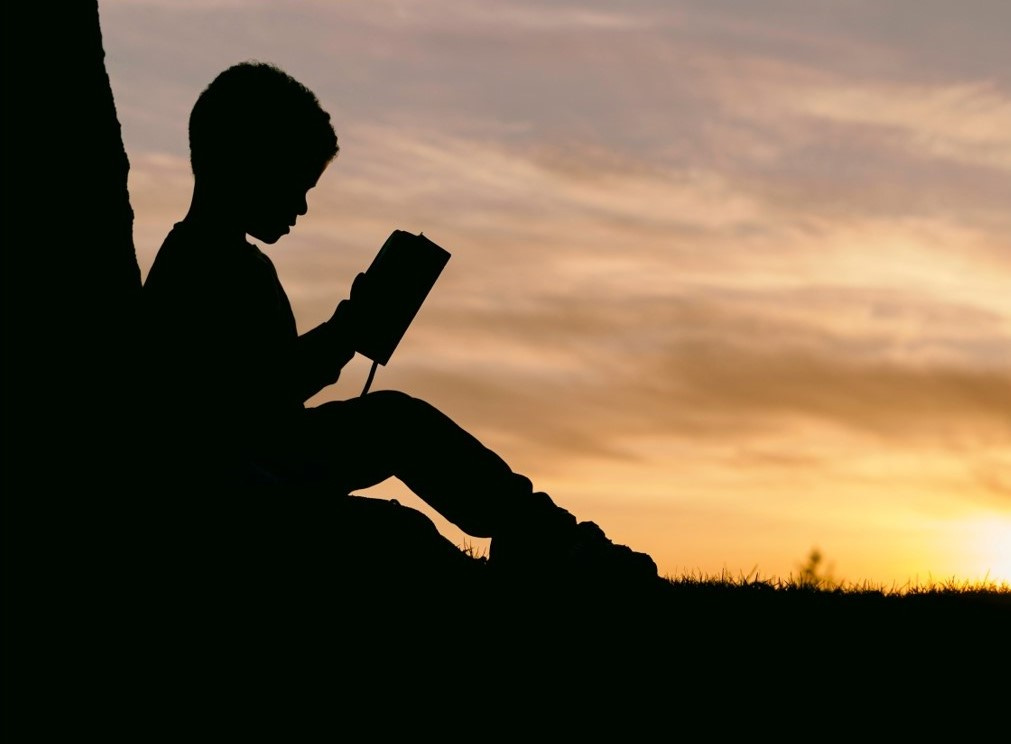Let’s role-play for a moment and talk about books. The role-playing part won’t be difficult, because we’ll simply switch between two identities you no doubt already use when defining yourself. I’m talking about the writer and the reader.
We want the perspective of your inner reader about books. I know your reader-identity has valuable information for your writer-identity, but we need to get them chatting.
First, think of the last book you loved, then do a little deep-dive on why you loved it.
● How’d you feel about the characters and dialogue? ● Were you able to follow and believe the plot? ● If the book was a page-turner—why? ● Was the central conflict/theme satisfying? ● Would you read (or have you read) more in this genre? ● What was the level of the writing? ● Did anything else stand out?
You don’t have to address each question; this is not a term paper. Just peruse it and get a general understanding of what worked for you regarding this book. Make notes if you want.
Now let’s consider the last bad book you read or tried to read. I’m talking about the most recent time you closed a book midway through and walked away (or, for those completists among us, finished a book but did not enjoy it).
Once again, it’s instructive to understand why you felt that way. Let’s analyze that with a few different questions.
● Did the book bore? ● Was the pacing off? ● Were the characters not well-drawn? ● Did you not believe their actions? ● Was the central conflict/theme not realistic? ● Did it turn out not to be a genre you enjoy? ● Did you think the author was simply not up to snuff as a writer? ● Or were there other reasons?
Time for a short example of how I apply this process for analyzing books, both good and bad. We’ll start with a James Joyce quote:
“Life’s too short to read a bad book.”
Like Joyce, I’ll definitely stop reading a book. I’ll usually give it until a quarter- to halfway through before abandoning it, but abandon it I will. I applied the above questions to the last book I put down. I’ll not mention title or author here, because a book review is not my point. I want to show this process, and shine a light on how helpful it can be for your writing.
I should add that I was surprised I didn’t like this particular book, because it was by an author whose previous book I really enjoyed. This gave me new questions to ponder.
● What was different about this book from the author’s previous one? ● Why was one so satisfying while the other I left unfinished?
The first big takeaway after generally considering the questions and comparing the two is that the first book, which I liked, had a strong, appealing protagonist with a dynamic character arc, while the second had a huge cast of bit players, but no star. It made me realize that as a reader, I want a strong protagonist, not an army of them.
The second takeaway involved theme and tone. In the first book, the plot advanced logically. By contrast, the second one had a whimsical style with unrealistic plot twists and characters making fanciful decisions. Ultimately, I could see the author’s hand behind the scenes, orchestrating and forcing everything so that all the loose ends would be nicely tied up and the story would come out where he wanted it.
(We’ll touch on what happens when you as author become visible to your reader, but that’ll be for a future issue.)
I was also reminded how important tone is to me. Whimsical ain’t my personal preference. As a reader, I like my fiction served seriously.
Toni Morrison tapped into the heart of our subject when she said:
“I wrote my first novel because I wanted to read it.”
Let’s harken back once more to our role-playing exercise. In this quote, Morrison-the-author was listening to Morrison-the-reader, who was imagining a story which was not yet out there, but which she wanted to read. She knew she was her own ideal reader. In a sense, she implies that the reader in her tossed down a challenge to the writer, which the writer then accepted.
It's a lovely way to think of it. Toni Morrison’s work could only have been written by Toni Morrison, and our literary cannon is all the richer for it. Her voice was unique. Not to compare myself with the likes of Toni Morrison, but my voice is unique too—and so is yours. We each have our own stories to tell which are informed by our lives, our imaginations, and the books we have read, both good and bad.
So, to summarize, don’t forget that your own inner reader has learned a thing or two. Make your inner writer listen.
Writing is not easy. But hey, there are some perks. In what other profession can you justify pleasure-reading as part of your work?
Here’s one last tip while you’re still in that finding-your-idea stage:
Let’s go back to the topic of bad books again for:
Q: Isn’t there some value in finishing a bad book?
A: I’ve got a two-part answer for this one. As I indicated, I personally eschew—or avoid—the experience of suffering myself to read inferior books. Or, as Chris Brogan said:
“Don't settle. Don't finish crappy books. If you don't like the menu, leave the restaurant. If you're not on the right path, get off it.”
But this Stephen King guy also said a thing, so here it is just for balance:
“Every book you pick up has its own lesson or lessons, and quite often the bad books have more to teach than the good ones.”
Conclusion on bad books? Take them as a learning experience, or don’t take them at all. Your choice. For now, let’s hit our vocabulary word for the issue.
You don’t have to go back far to find the following word. It’s one which is perhaps not quite as endangered as some, but it is not used often, and it’s another good word to incorporate into your writing. Do you recall what it means? If not, don’t…avoid...clicking on the definition.
What is eschew?
While you’re at it, you might want to also hear the pronunciation, if only to marvel over how much it sounds like a sneeze.
Action Plan
On Twitter I post a new daily writing tip like the ones above, and on which these issues are based. Follow—you know you want to.
Next up:
#10) Consider Writing for Kids. See you in two weeks!
Craig


















